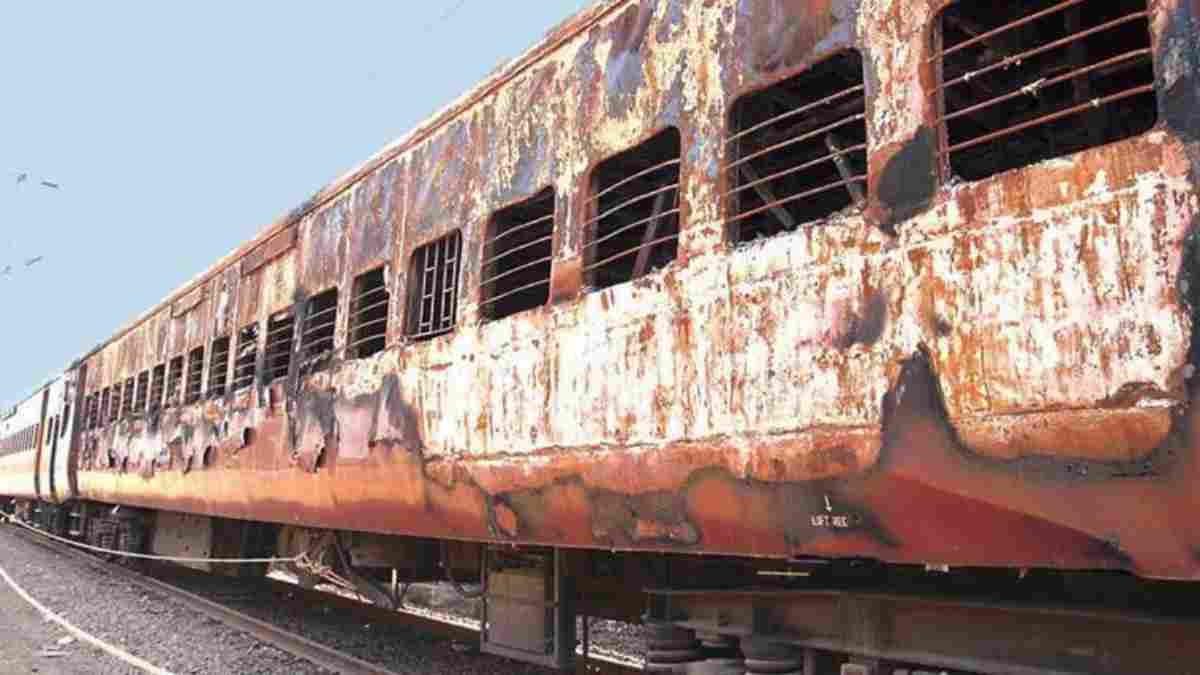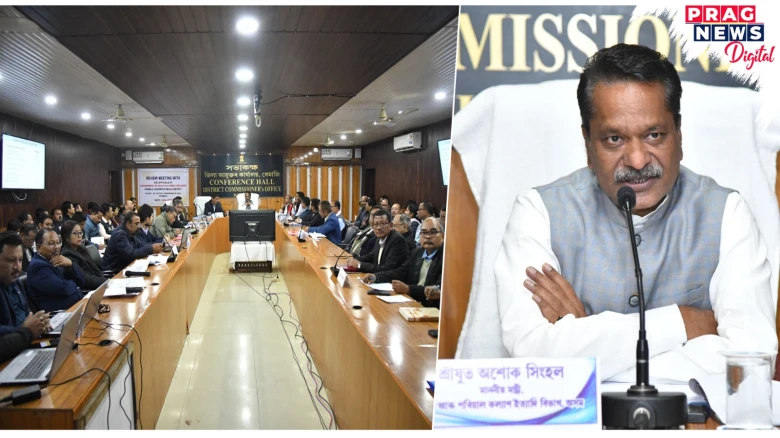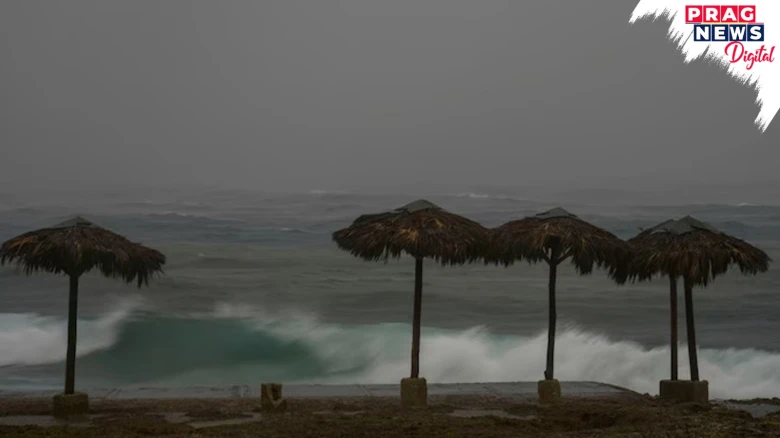Regional
Digital Desk: Health and Family Welfare Minister Ashok Singhal conducted comprehensive reviews of the health departments in several districts of Upper Assam over two days. On January 9, he reviewed the work and performance of the health departments in Dhemaji, Lakhimpur, and Majuli districts at a meeting held at the Dhemaji District Commissioner’








Leave A Comment